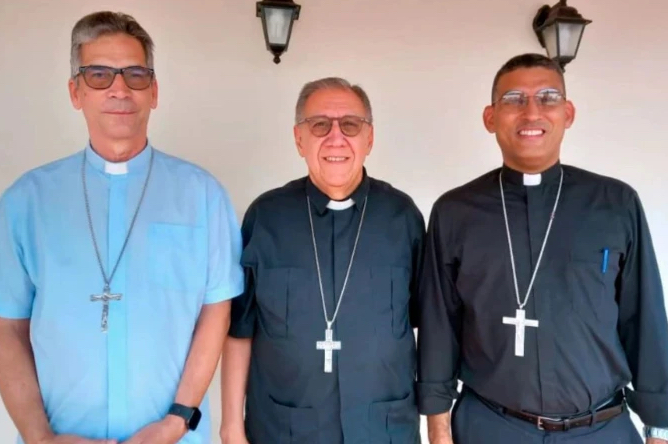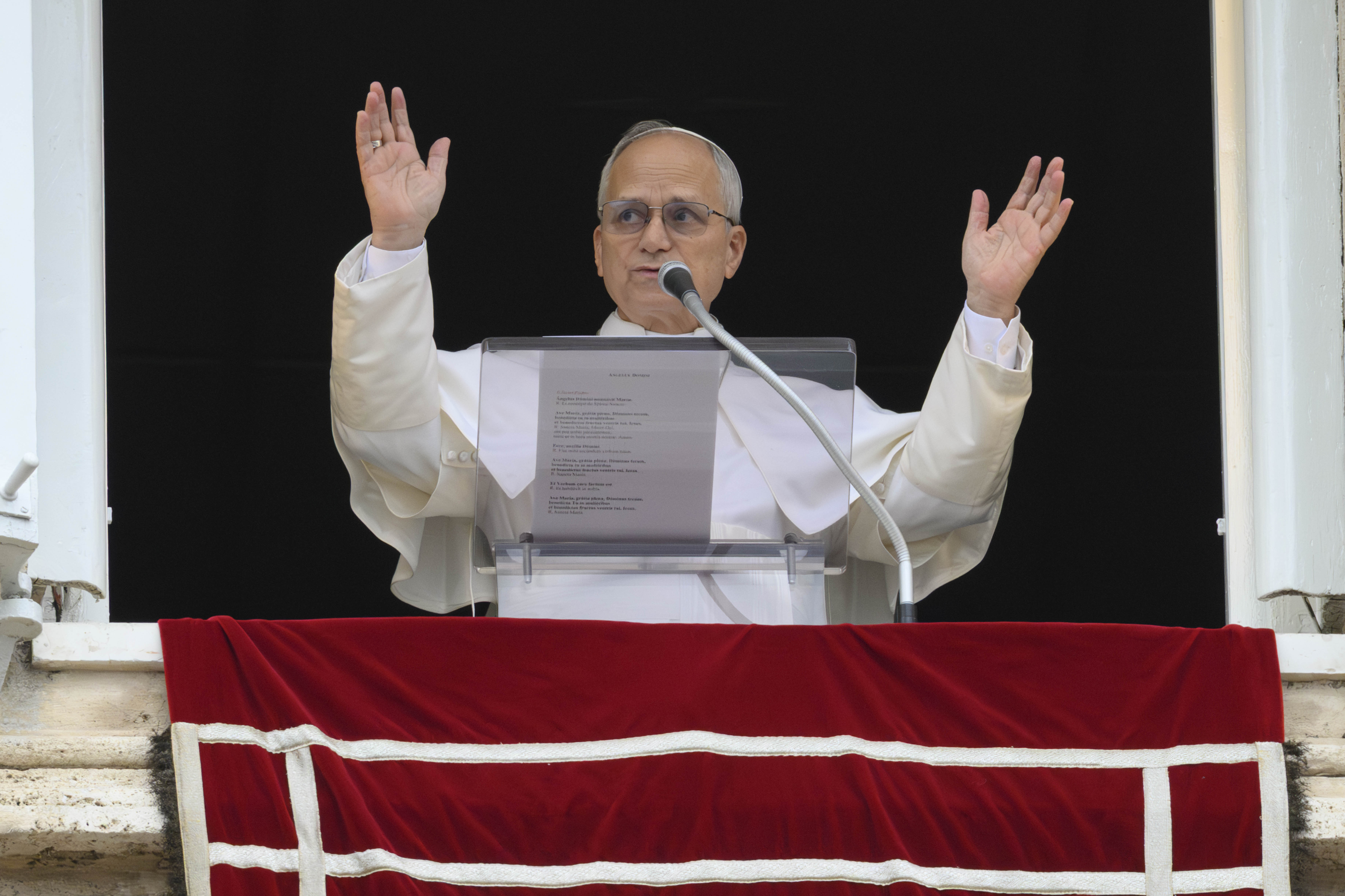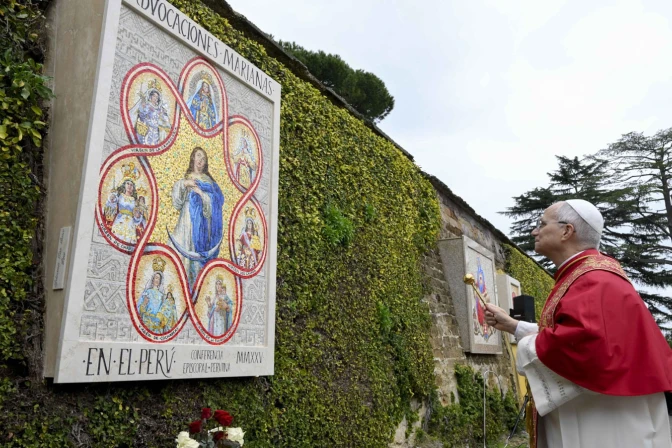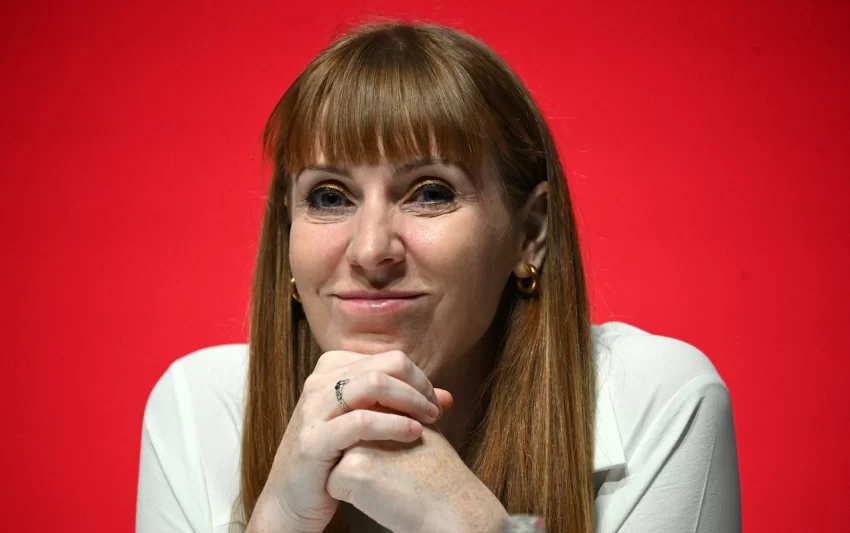Under Russian drones, Ukrainians wonder if Europe still cares
KYIV — Oleksandra Avramenko lowers her car window, not for fresh air but to listen. Stuck in morning traffic in downtown Kyiv, on the right bank of the Dnipro River, she leans toward the whine of motorcycles weaving through the lanes.
“Whenever I hear that noise, I cringe,” she says. “They sound just like the drones.”
It has been more than three years since Russia launched its full-scale invasion, and over a decade since the war first erupted in Donbas.
Kyiv has adapted to the new normal: constant sirens, interceptions and explosions on one side, cafés and bars buzzing with people on the other. Theaters sell out their shows and children have begun the new school year in shelters. At night, many families keep a spare mattress in hallways or bathrooms, following official advice to sleep between at least two walls, away from windows, in case a missile hits.
But beneath those routines lies a deeper unease — that the rest of Europe is tired, turning its attention away from the war and viewing it as something that should simply end, no matter the cost to Ukraine. And with that feeling comes the worry: that the European dream that once felt within reach is suddenly slipping away.
Avramenko, a 33-year-old policy advisor, feels this shift each time she returns to Kyiv across Poland, the main transit hub for Ukrainians heading in and out of the European Union. She now lives in Northern Europe, where she moved five years ago for her husband’s job, but has no plans to apply for EU citizenship — “Ukrainian already means European,” she says.

The 12-hour train ride from Kyiv to the EU frontier is crowded with women and children and haunted by the risk of drone strikes from the east. The men aboard are regarded with suspicion.
The border checks feel heavier than in the early days of Russia’s invasion. Polish officials ask why travelers are leaving Ukraine, how long they plan to stay, what their purpose is. Belongings are unpacked in search of contraband. “Back then, people opened their homes. Today, the questions are sharper,” Avramenko says.
She stresses she feels no resentment; like most Ukrainians, she is grateful for Poland’s support. But the shift captures a wider mood. Confidence in swift EU accession has sunk to its lowest point since the invasion, with just over half of Ukrainians believing membership will come in the next decade, down from more than 70 percent in 2022, according to an August poll.
Nearly one in five now think the EU will never admit Ukraine at all.
‘Why don’t they care like before?’
In 2022, balconies across Europe sprouted Ukrainian flags. Aid convoys streamed eastward. Strangers opened their doors to refugees.
Four days into the invasion, with Russian tanks closing in on Kyiv, President Volodymyr Zelenskyy signed Ukraine’s application for EU membership. “We are fighting for our rights, our freedoms, our lives — and for our survival,” he said in an address that week. “We are also fighting to be equal members of Europe. So now, prove that you are with us. Prove that you are Europeans, and then life will win over death, and light will win over darkness.”
A month later, European Commission President Ursula von der Leyen traveled to Kyiv to deliver the bloc’s first answer. “Ukraine belongs in the European family,” she declared, handing Zelenskyy a membership questionnaire. “This is where your path toward the European Union begins … we will accelerate this process as much as we can.”
That political backing is still there, but public enthusiasm has waned. As recently as April, von der Leyen mused that Ukraine could join the bloc before 2030. Yet as the accession process grinds forward, Ukrainians are watching nervously as public enthusiasm in parts of Europe falters, making the early momentum harder to sustain.
Neighboring Poland, one of Ukraine’s loudest political champions, is the starkest example.
A survey carried out in early summer found that only 35 percent of Poles back Kyiv’s EU accession, down from 85 percent in 2022. More than half of the population says they would prefer the war to end even if it means ceding territory to Russia.
Most Poles also believe that the scale of assistance offered to Ukrainian refugees has already gone too far, according to a study from the start of the year. That’s despite evidence refugees have had a positive impact on Poland’s economy by filling labor gaps and boosting growth.
The pattern repeats elsewhere in Europe.
In Germany, a majority still supports sending aid to Ukraine, but 52 percent believe Kyiv should give up occupied lands for peace. Across the continent, countries like Italy and France maintain official support, but their publics are increasingly skeptical about welcoming Ukraine as an EU member.
“Everyone asks: What’s happening in Poland, in Germany? Why don’t they care like before?” Avramenko says. She knows EU governments still pledge support, but she worries that for the broader public, Ukraine has become background noise.
That sense of fading attention abroad jars against the reality in Kyiv, where the war remains impossible to ignore.
On Sept. 7, Russia launched its largest air attack on Ukraine yet, with 810 drones and missiles setting fire to government offices and wrecking residential areas across the country. Only a fraction slipped past Kyiv’s dense air defenses — enough to kill three civilians, including a baby.
A week earlier, another strike tore through a Kyiv apartment block, killing 22, among them four children.
‘We chose our future here‘
As dusk settles over the city’s Maidan Square, a few dozen demonstrators unfurl banners at the foot of the Independence Monument, their voices carrying through the warm evening air. Under martial law, mass protests against government policies have all but vanished; this is only the second one allowed to go ahead since the invasion.
Bohdan Fomin, a 30-year-old soldier from Mariupol, a city in Ukraine’s southeast, grips a handwritten sign demanding better treatment for troops. His hometown, once a thriving port of half a million people, was pulverized in 2022 and remains under Russian occupation — the reason he believes Ukraine must resist to the end, without concessions.
“If Ukraine is forced to cede territory, I will have no home to return to,” he says. “We chose our future more than 10 years ago, here, at Maidan. For us, it’s like getting back home — to Europe. Without that, I cannot imagine Ukraine.”
Fomin is adamant the gathering is not against President Zelenskyy’s government. “Protests have been a part of our culture since our independence,” he says, nodding at the “dialog police” who watch quietly from the edges, tasked with speaking to the demonstrators rather than dispersing them. It’s a detail he cites as proof this is not a rebellion against the state.
Later that evening, Olena Herasymiuk joins the crowd. The 34-year-old poet’s works have become touchstones of the country’s wartime literature, and she has spent much of her adult life circling back to this square.

As a student in 2014, she stood there when the first sharp cracks rang out. At first she didn’t realize they were sniper bullets slicing past her head. Then she saw people falling, injured and dead. That moment, she says, never left her. It pushed her into writing poetry as testimony and into a volunteer battalion where she evacuated the wounded from battlefields.
“Ukrainians are Europeans in every sense,” she says. “We don’t want to be slaves. We are free, liberal and open — and we have only one path, the European path.”
She has buried friends and written poems about them. One classmate, Daria, went to war as a drone engineer and never came back.
To keep going, she clings to small rituals. “Every morning, I wake up, and my first thought is about the dead,” she says. “That’s why I make myself have a coffee. It’s a reminder of how to stay alive, how to stay human. Without that, I would go crazy.”
‘If they are erased, Europe loses them too’
The insistence on Ukraine’s being central to the story of Europe spills from the street and into the country’s culture and politics.
Across town from Maidan Square, in a bustling bar with live music, Lina Romanukha scrolls through her Instagram profile. It’s filled with collages cut from decade-old magazines and sketches drawn over the past three years. Both, she says, help her cope with the experience of war.
When Russian troops advanced on Kyiv in February 2022, she fled to her parents’ house in western Ukraine. Within weeks she returned to the capital, convinced she could be more useful here.
Now 41, the curator and artist describes nights under drone attacks as “Russian roulette.” At first she went to shelters; now she doesn’t bother. “You can’t live like that forever. If it comes to my building, it comes,” she says.
Her answer to that fatalism: culture. Romanukha curated an exhibition that digitizes Ukraine’s monuments — not only those in Kyiv or Lviv, but also in Crimea, Donbas and other territories now under Russian control.
In the halls of Kyiv’s Pechersk Lavra — the centuries-old monastery that has itself survived wars and sieges — visitors use virtual reality to step into reconstructions of the ancient Greek city of Chersonesus in Sevastopol, wander through the Khan Palace in Bakhchysarai, or stand before the Mariupol drama theater where hundreds were killed in 2022. Each reconstruction is paired with music by Ukrainian composers: It’s Romanukha’s way of insisting culture survives even if the stone and marble do not.
But for Romanukha, the project is not just about the past. It’s a way of telling Europeans that Ukraine’s heritage is also theirs, that their future belongs together. The very act of placing occupied sites on the map reads like a form of defiance. Russia may hold the land, but the memory — and the claim to Europe — remains Ukrainian. “These monuments are part of European civilization,” Lina says. “If they are erased, Europe loses them too.”
For all the uncertainty about her country’s future, she calls herself a “blind optimist.” She dreams of a Ukraine restored to its 1991 borders, rebuilt with EU and international help.
“It’s a dream,” she admits, but one she refuses to let go of.




















:quality(85):upscale()/2023/09/18/918/n/1922398/a1136b676508baddc752f5.20098216_.jpg)
:quality(85):upscale()/2025/10/09/670/n/1922283/00b944c868e7cf4f7b79b3.95741067_.jpg)
:quality(85):upscale()/2025/10/15/765/n/1922398/29c37a6e68efd84bb02f35.49541188_.jpg)
:quality(85):upscale()/2025/09/09/891/n/1922283/7222624268c08ccba1c9a3.01436482_.png)
















